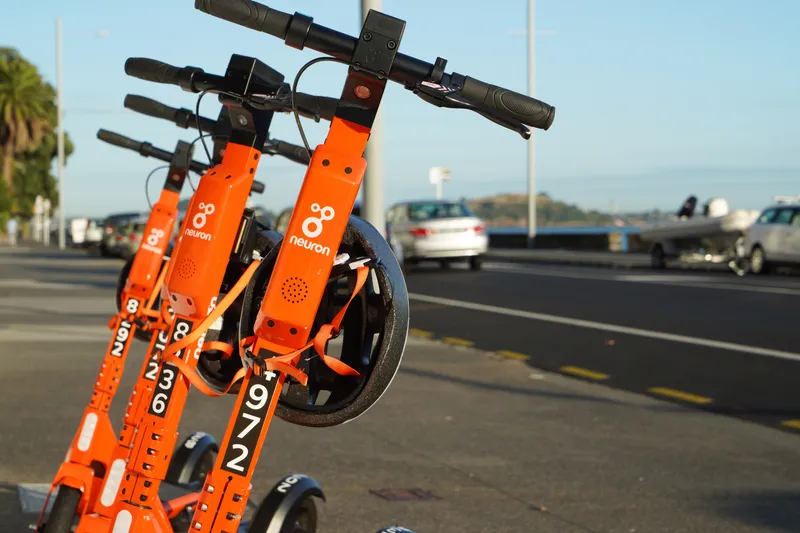
Neuron has supplied 300 electric scooters in the Australian city of Hobart and a further 200 in the city of Launceston in northern Tasmania.
The Hobart deployment covers Hobart City, Cornelian Bay, Mount Stuart, Glebe, Battery Point and Sandy Bay. In Launceston, Neuron's e-scooters are available in Launceston City, Newstead, Elphin, Invermay, Mowbary and Newham.
The Neuron e-scooters deployed in the 12-month trial come with an app-controlled helmet lock, topple detection, a 000 emergency button, voice guidance and a 'Follow my Ride function'. Geofencing technology will also be used to control where e-scooters can be ridden and parked.
Riders will be able to book and use the e-scooters through Neuron’s app. Single trips will cost Aus$1 to unlock the e-scooter and 45 cents per minute. More frequent users will have access to Neuron Passes, a subscription service, available in three-day (Aus$25), weekly (Aus$33), or monthly (Aus$45) options.
Neuron says the packages will allow users to ride as many times as they want for up to 90 minutes per day for a fixed price, resulting in no additional unlocking fees and savings of up to 96%.









